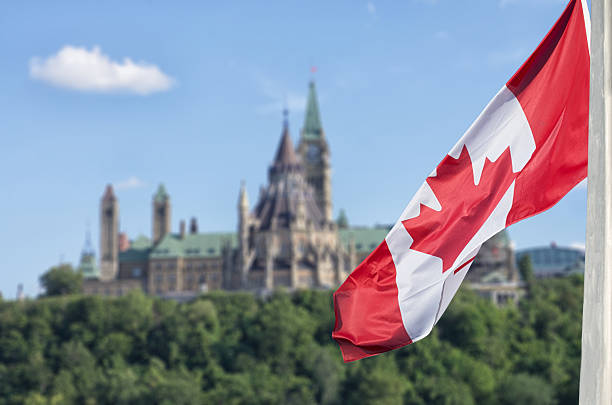


The Canadian government is worried about its professional hockey players who play in Russia and Belarus, fearing they could end up having a similar fate to WNBA star Brittney Griner, reported the Toronto Sun.
Canadian regulators are concerned they won’t be able to provide needed support if any of the players end up detained in either Russia or Belarus. The federal government, therefore, is advising athletes playing in these countries to leave as soon as possible, writes the outlet.
At the moment, 44 Canadian hockey players are playing in Russia and Belarus, and four more are in Kazakhstan. All 48 of them are on the roster for the Kontinental Hockey League (KHL).
Considering the fact that when Russia invaded Ukraine in February, Canada came out among the first supporters of Ukraine, giving $626 million in military aid, and $320 in humanitarian relief so far, therefore, some political experts believe a similar scenario to that of Griner could happen to Canadian athletes.
Maria Popova, associate professor of political science at McGill University in Quebec believes there’s is a real risk for the athletes. “Anybody who is in Russia is always in danger of being framed, incarcerated, used as a pawn in whatever the local government, central government et cetera decides to do,” Popova said. “I think something like what happened to Brittney Griner is possible. The same playbook can be repeated in a case against a Canadian player for sure.”
What Happened To Griner?
Griner, an Olympian and WNBA champion, pleaded guilty to drug charges in Russia. Her defense centered on the fact that she is a registered medical marijuana patient in her home state, who packed in a hurry and accidentally brought medical cannabis to Russia. She was sentenced to nine years in a Russian penal colony.
After the verdict was read, President Joe Biden said that the nine-year sentence was “unacceptable.”
The two countries are now considering a prisoner swap – Brittney Griner and ex-marine Paul Whelan for arms dealer Viktor Bout.
The Biden administration is now facing an extremely difficult challenge. If it agrees to the prisoner swap it faces criticism for sending a message of giving special treatment to celebrities considering there are many people imprisoned in the U.S. as well, over similar marijuana possession charges. Tesla (NASDAQ: TSLA) CEO Elon Musk, Democratic representative for Hawaii, and former presidential candidate Tulsi Gabbard already pointed out that issue.
Another problem that could possibly arise if Biden agrees to the prisoner exchange is establishing a model for future cases like this. And we might see Russia, and some other countries, having more Americans held hostage and used for bargaining. And, to that point, perhaps people from other countries who backed Ukraine, such as Canada.
Is The Risk That Big?
On the other hand, Popova further pointed out, that although the risk for Canadian players in these countries exists, she doesn’t think Russia is looking to imprison more athletes, there’s no reason for it.
“I don’t see why Russia would try to use these people as a pawn because Canada is not Russia’s main problem in this war,” Popova said. “There isn’t really any hope that Russia could change Canadian policy in Ukraine. They know Canada is firmly in NATO, clearly backing Ukraine.”
Nevertheless, the government expressed concerns several times.
"President [Vladimir] Putin's war in Ukraine is a war on freedom, on democracy, and on the rights of Ukrainians, and all people, to determine their own future," wrote Adrien Blanchard, press secretary for Foreign Affairs Minister Melanie Joly, in an emailed statement to The Canadian Press.
"As Canadians, these are values we hold dear. Athletes who decide to play and associate with Russia and Belarus should explain their decisions to the public."
On March 5 and Feb. 24, the state advised players to stay away from traveling to Russia and Belarus, respectively, Global Affairs Canada told The Canadian Press.
“Our government has been very clear. Canadians should avoid all travel to Russia and Belarus,” said Blanchard. “If they are in Russia or in Belarus, they should leave now. Our ability to provide consular services may become extremely limited.”
If the warning was issued, then why do some athletes still choose to play there?
For some, it’s simply a matter of doing their job and often earning a salary several times higher especially in the case of female athletes, while it is safe to assume there are those who probably agree with Popova and believe that Russia will have no use in keeping them detained.